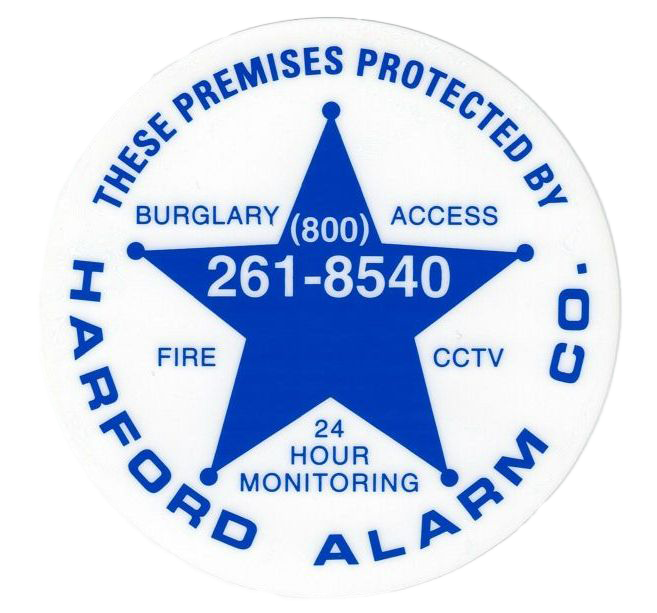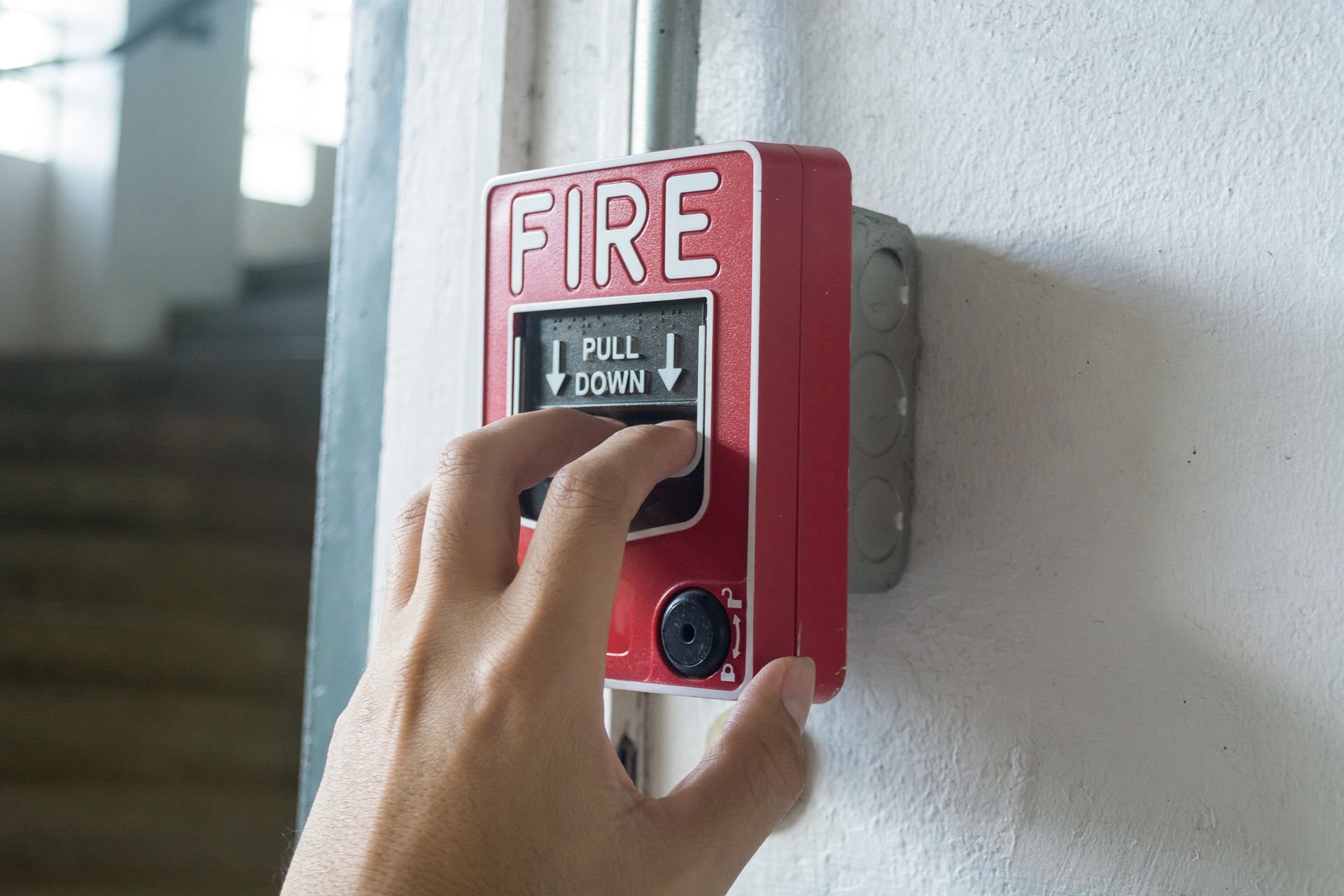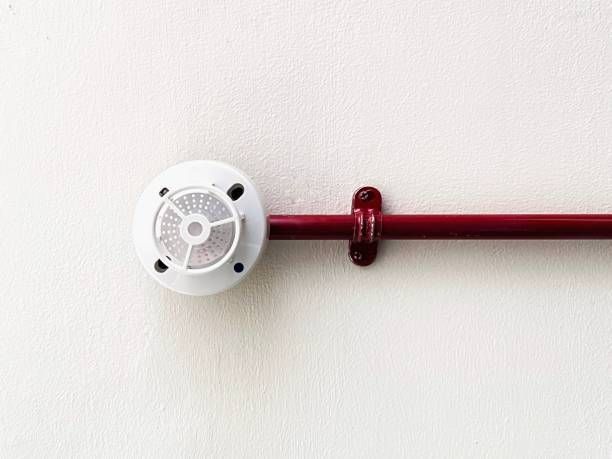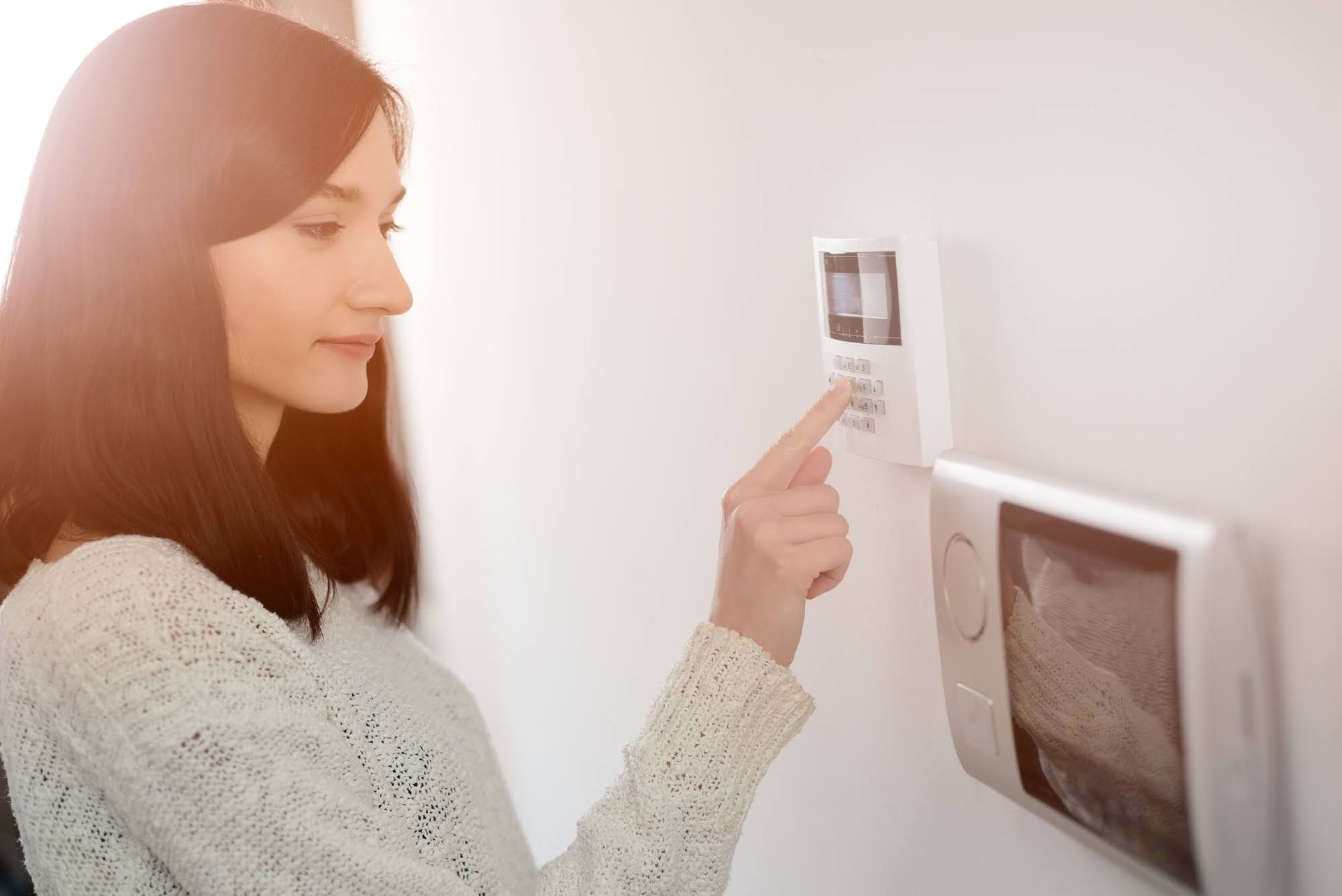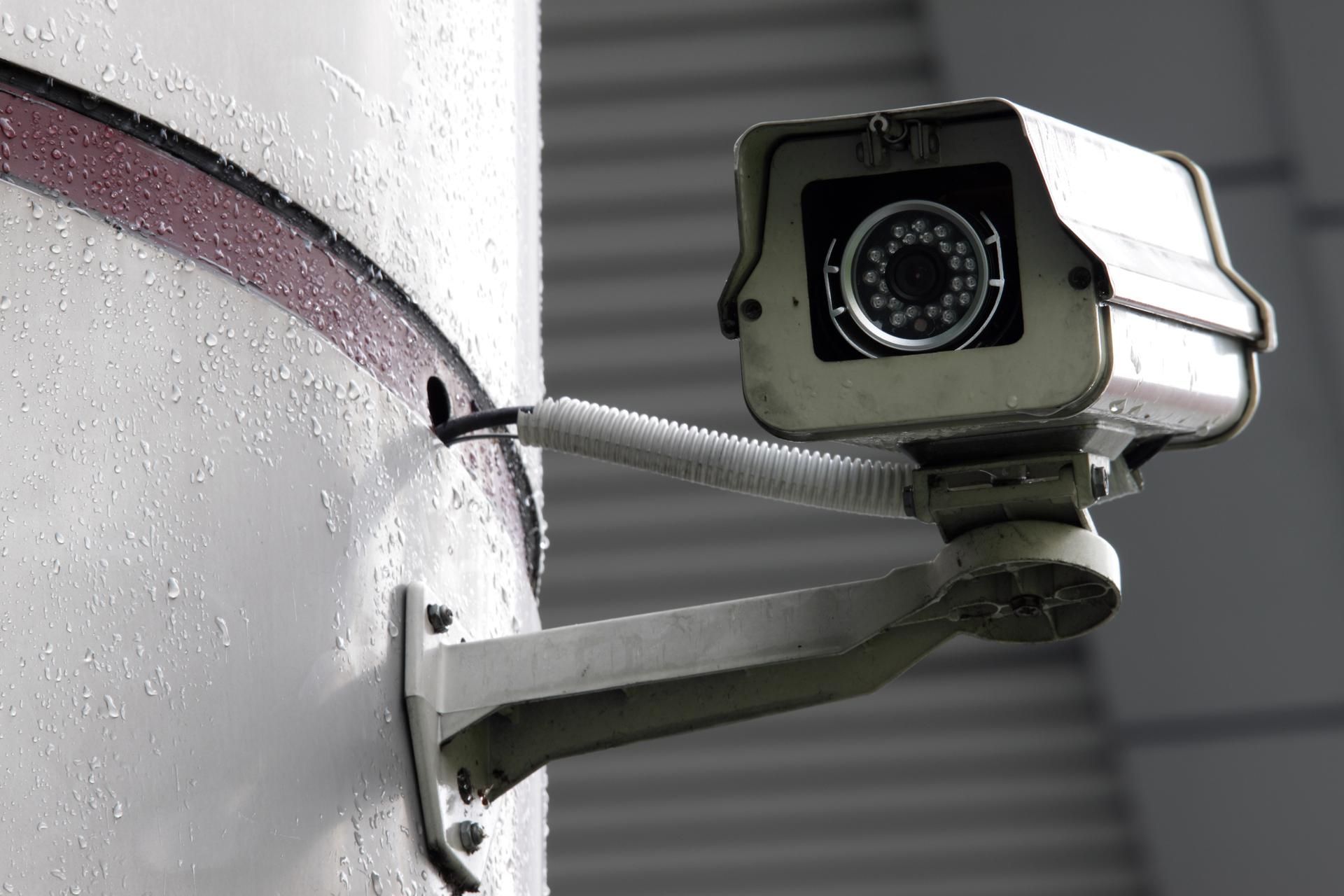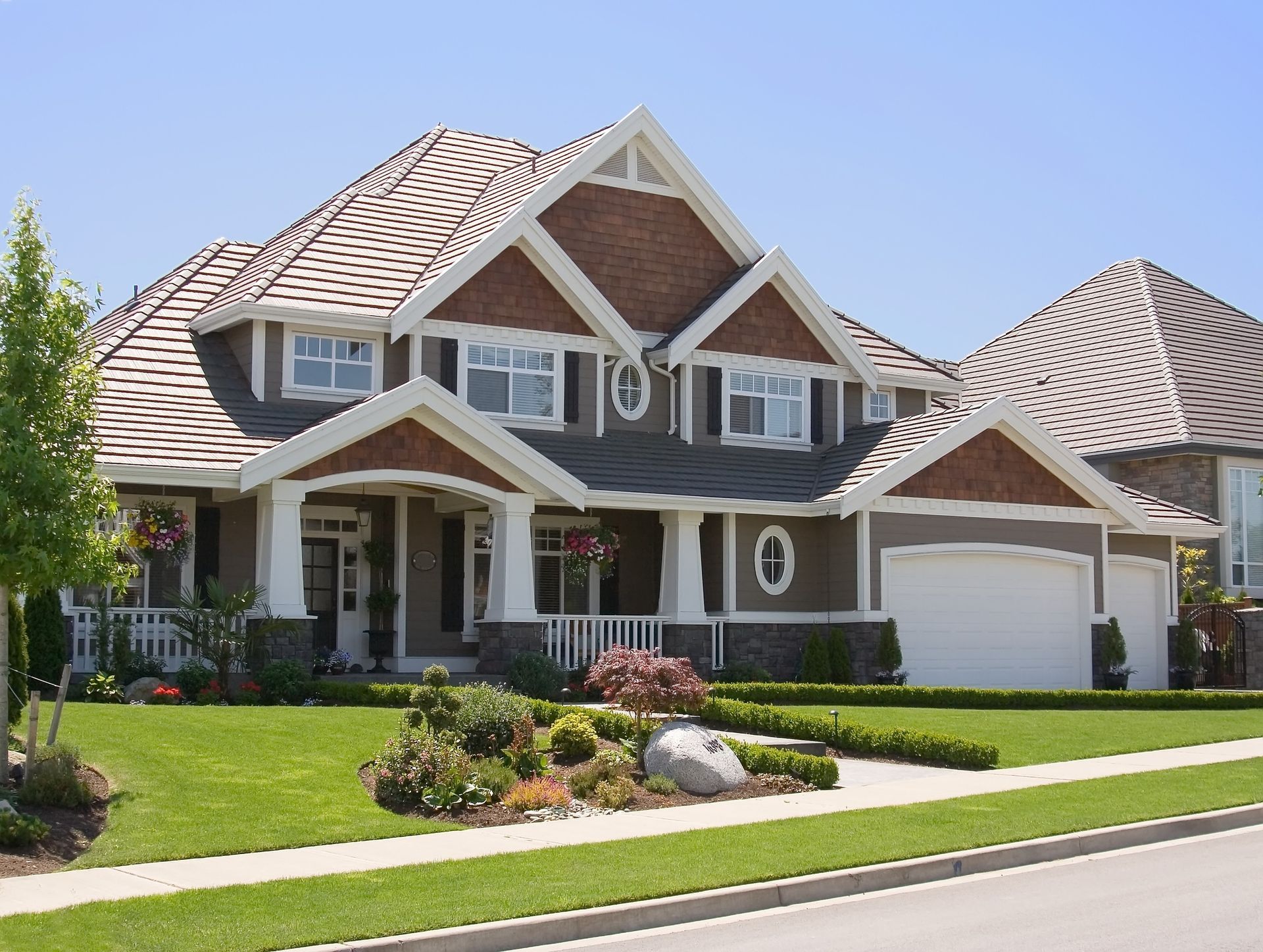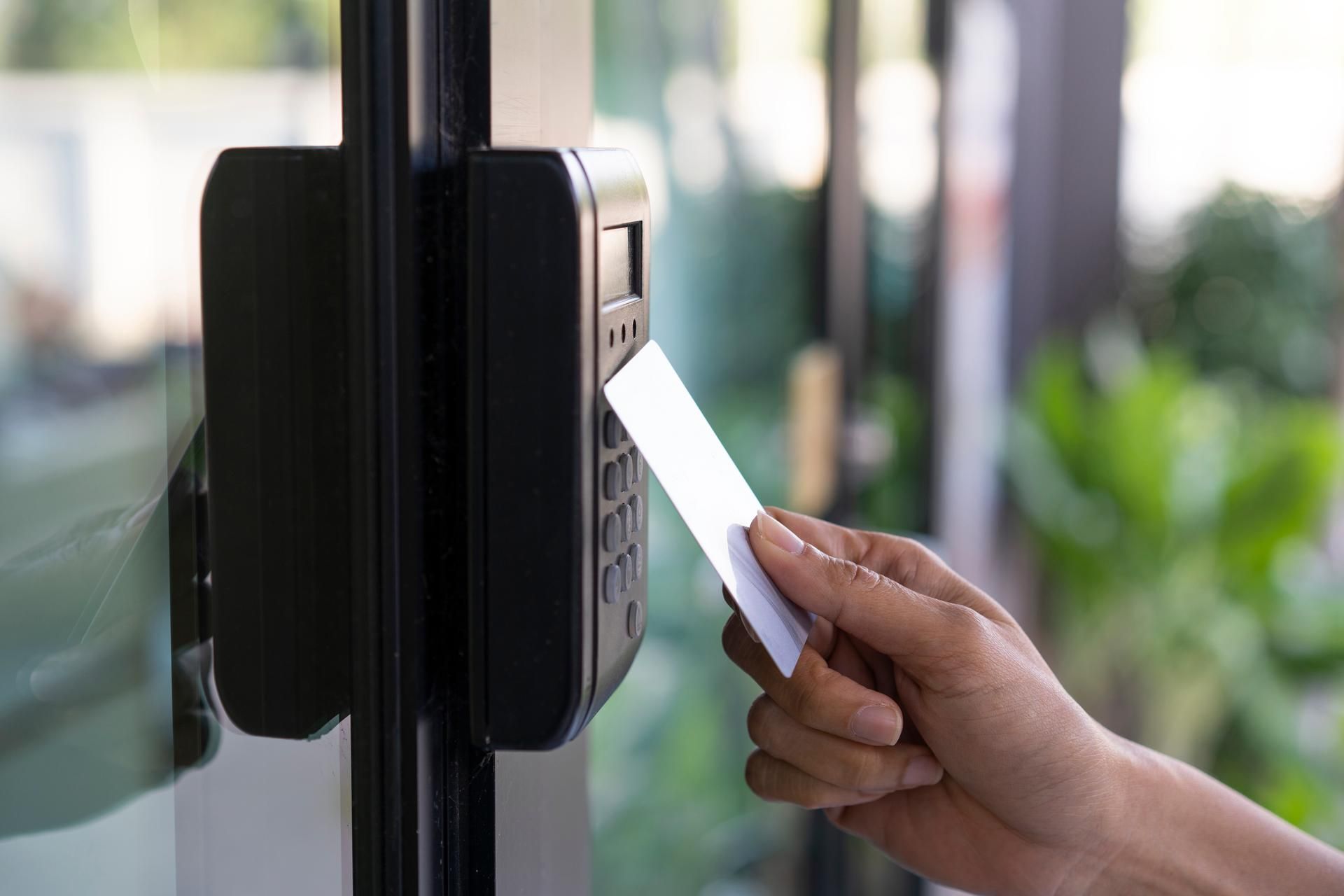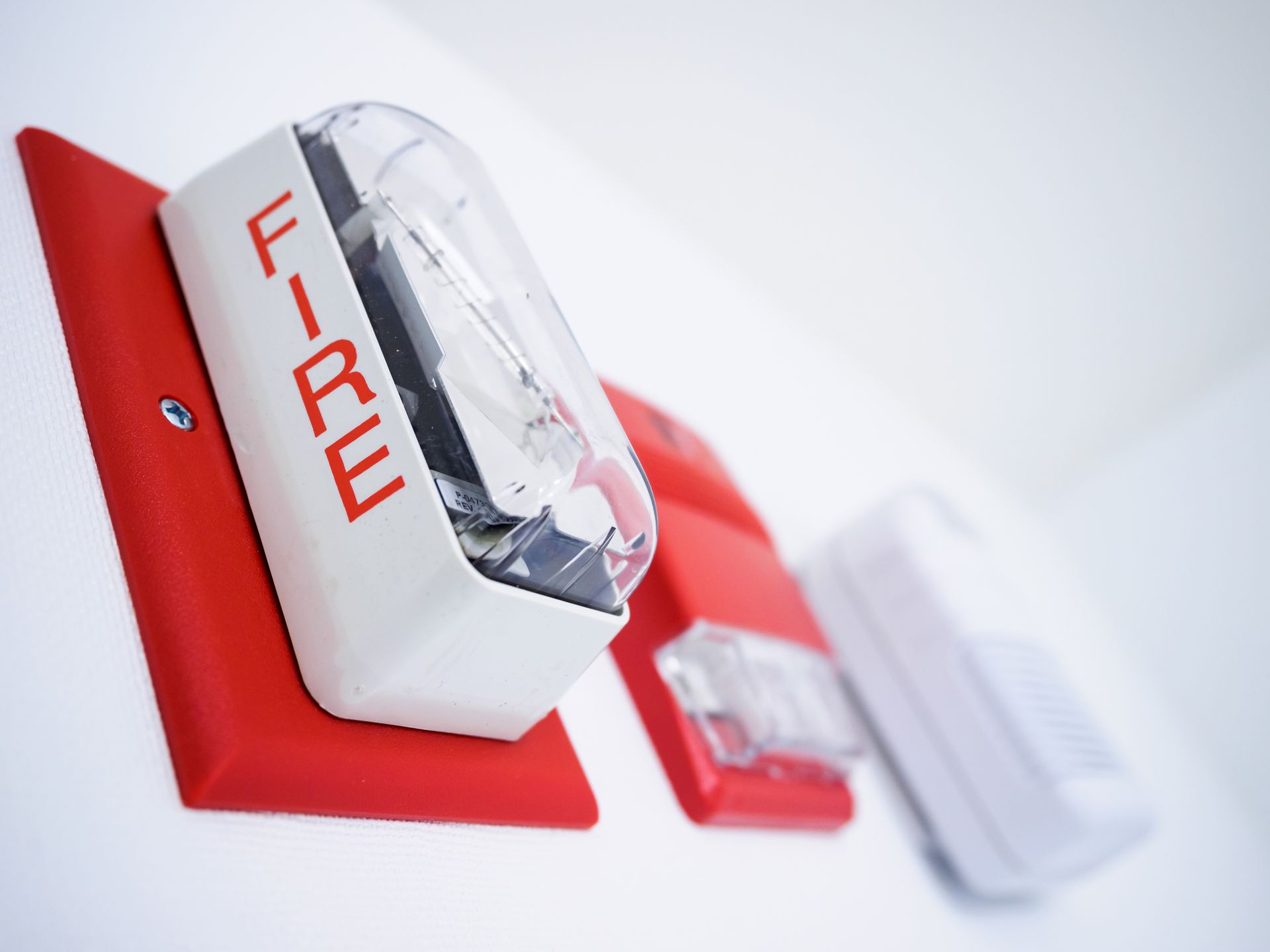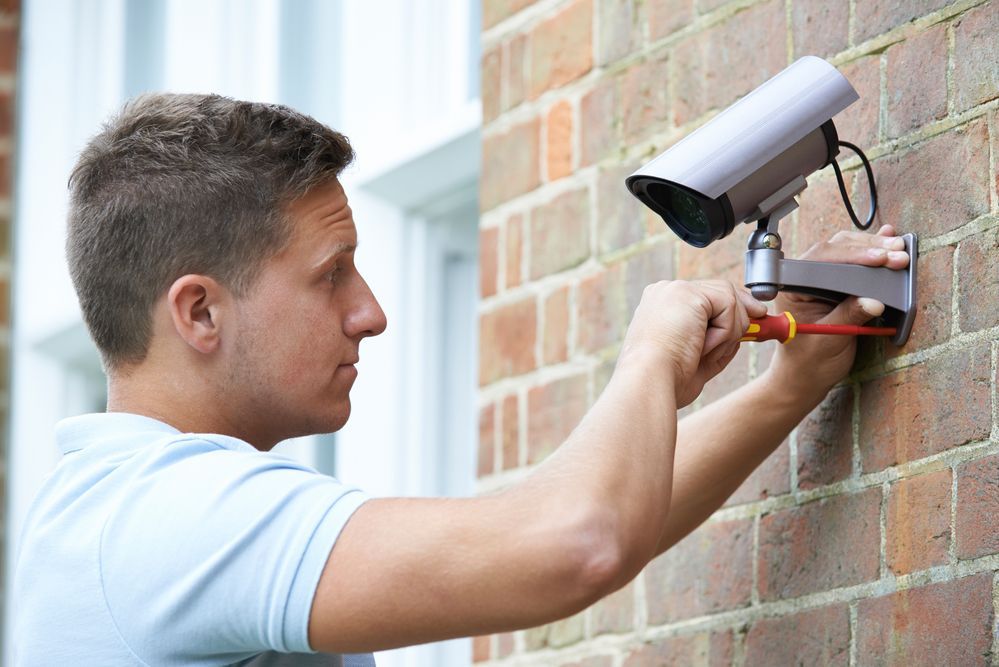Comprehensive Guide to Residential Security Systems
Protecting your home is of paramount importance in today’s world, where safety and security are essential for peace of mind. This guide explores the various types of security systems available for residential properties, helping you make an informed decision to safeguard your home and loved ones.
Traditional Alarm Systems
Traditional alarm systems form the foundation of home security by monitoring doors, windows, and interior spaces for unauthorized entry. These systems typically include a control panel, sensors, and alarms. When triggered, an alarm sounds, alerting homeowners and, in monitored systems, notifying a security company to take appropriate action.
Smart Home Security Systems
With advancements in technology, smart home security systems have emerged as a holistic solution that integrates security with convenience. These systems allow homeowners to remotely control cameras, door locks, motion sensors, and alarms via smartphone apps. Features like real-time alerts and video surveillance offer enhanced security and the ability to monitor your home from anywhere in the world.
Video Surveillance Systems
Video surveillance, or CCTV systems, have become increasingly popular for residential use. These systems involve the installation of cameras around the perimeter of your home and in critical areas inside. They can record on a loop, store footage remotely, and even provide live feeds to homeowners. Advanced options include motion detection, night vision, and facial recognition technology.
Motion Sensors and Detectors
Motion sensors add an additional layer of security by detecting movement within a designated area. These devices can be configured to trigger alarms, lights, or camera recordings, effectively deterring potential intruders. Apart from security, motion sensors can also be used for energy savings, activating lights only when needed.
Window and Door Sensors
These sensors play a crucial role as the first line of defense in a sophisticated home security system. Strategically installed on doors and windows, they serve as vigilant guardians that immediately alert homeowners whenever an entry point is breached unexpectedly. This alert mechanism is not only instrumental in detecting potential break-ins, thereby enhancing the safety and security of the residence, but it also proves invaluable for monitoring the movement of small children and pets within the home.
Environmental Monitoring
In addition to safeguarding against unauthorized access, today's advanced security systems offer comprehensive protection that extends to environmental dangers. Equipped with sophisticated sensors, these systems can promptly detect smoke, signaling the presence of a potential fire hazard. They can also identify dangerous levels of carbon monoxide, a colorless and odorless gas that poses severe health risks. Furthermore, these systems can alert homeowners to water leaks, which, if left unchecked, can lead to significant property damage, including mold growth and structural issues.
Personal Security Devices
For added security, personal devices such as panic buttons and emergency pull cords can be integrated into your home security system. These devices ensure that help is just a push of a button away in case of an emergency, providing peace of mind, especially for the elderly or individuals living alone.
Choosing the Right System for Your Home
Choosing the appropriate security system for your home is a critical decision that hinges on multiple factors, such as the size of your property, your unique security requirements, and your financial constraints. Given the complexity of modern security systems, which can range from simple alarm setups to comprehensive surveillance networks, it's wise to seek the counsel of experienced security professionals. These experts can offer tailored advice, ensuring that your system matches your home's specific layout and personal preferences, providing you with peace of mind and enhanced protection.
If you need residential security systems, contact our team at Harford Alarm Company for more information. We'll be happy to help you!
